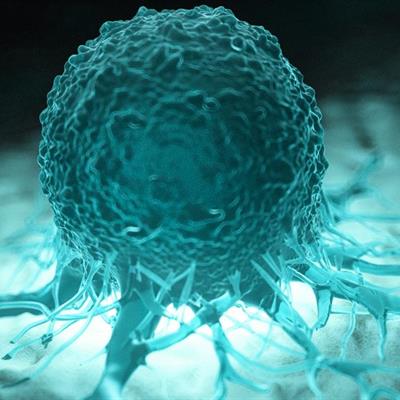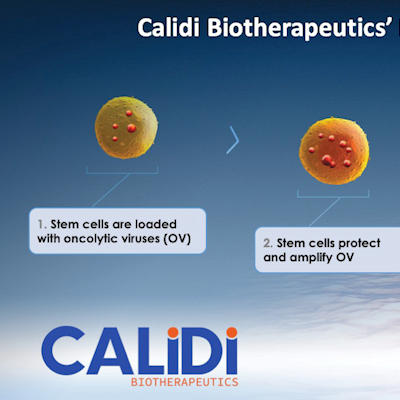August 29, 2022 -- A combination of oncolytic virotherapy, a technique using cancer-fighting viruses, acting in concert with immunotherapy shows promise for treatment-resistant cancers, according to new research.
While chimeric antigen receptor (CAR) T-cell therapy and T-cell receptor (TCR) immunotherapy has proven effective for some cancer patients, they are often ineffective against advanced solid tumors in which cancer cells often manage to evade destruction by T cells by downregulating or losing the surface antigens or major histocompatibility complex (MHC) proteins that T cells use to identify them.
However, researchers from Arizona State University, St. Cloud State University, and the Wake Forest School of Medicine reported August 25 in the journal Cancer Cell on the ability of immunotherapy -- when combined with virotherapy -- to break through cancer resistance using T cells infected with a rabbit-specific poxvirus called myxoma virus (MYXV), which can induce a form of cancer cell death not previously observed.
The researchers showed that MYXV can induce an unusual form of T cell-directed cell death known as autosis, which augments two other forms of programmed cancer cell death induced by T cells, known as apoptosis and pyroptosis. Just as significantly, during myxoma-mediated autosis, cancerous cells in the vicinity of those targeted by the therapy are also destroyed in a process known as bystander killing, which can considerably enhance the dual therapy's aggressive eradication of cancer cells -- even in typically hard-to-treat solid tumors.
"Cytotoxicity of tumor-specific T cells requires tumor cell-to-T cell contact-dependent induction of classic tumor cell apoptosis and pyroptosis. However, this may not trigger sufficient primary responses of solid tumors to adoptive cell therapy or prevent tumor antigen escape-mediated acquired resistance. Here we test MYXV-infected tumor-specific T (TMYXV) cells expressing CAR or TCR, which systemically deliver MYXV into solid tumors to overcome primary resistance," according to the study's authors.
Corresponding author Grant McFadden, PhD, director of Arizona State University's Biodesign Center for Immunotherapy, Vaccines, and Virotherapy, said in a statement that their research "affirms the enormous potential of combining virotherapy with cell therapy to treat currently intractable cancers."
McFadden is currently developing human clinical trials that exploit virotherapy with MYXV to treat various cancers. In 2019, he co-founded a new biotech company called OncoMyx Therapeutics.
The company in April announced the presentation of new preclinical data at the 2022 American Association for Cancer Research Annual Meeting demonstrating that OncoMyx's myxoma virus multiarmed with interleukin-12 (IL-12) and a protein called decorin infects and kills human multiple myeloma cells in vitro and demonstrates dose responsive efficacy after intravenous administration in a mouse model of multiple myeloma.
Copyright © 2022 scienceboard.net









